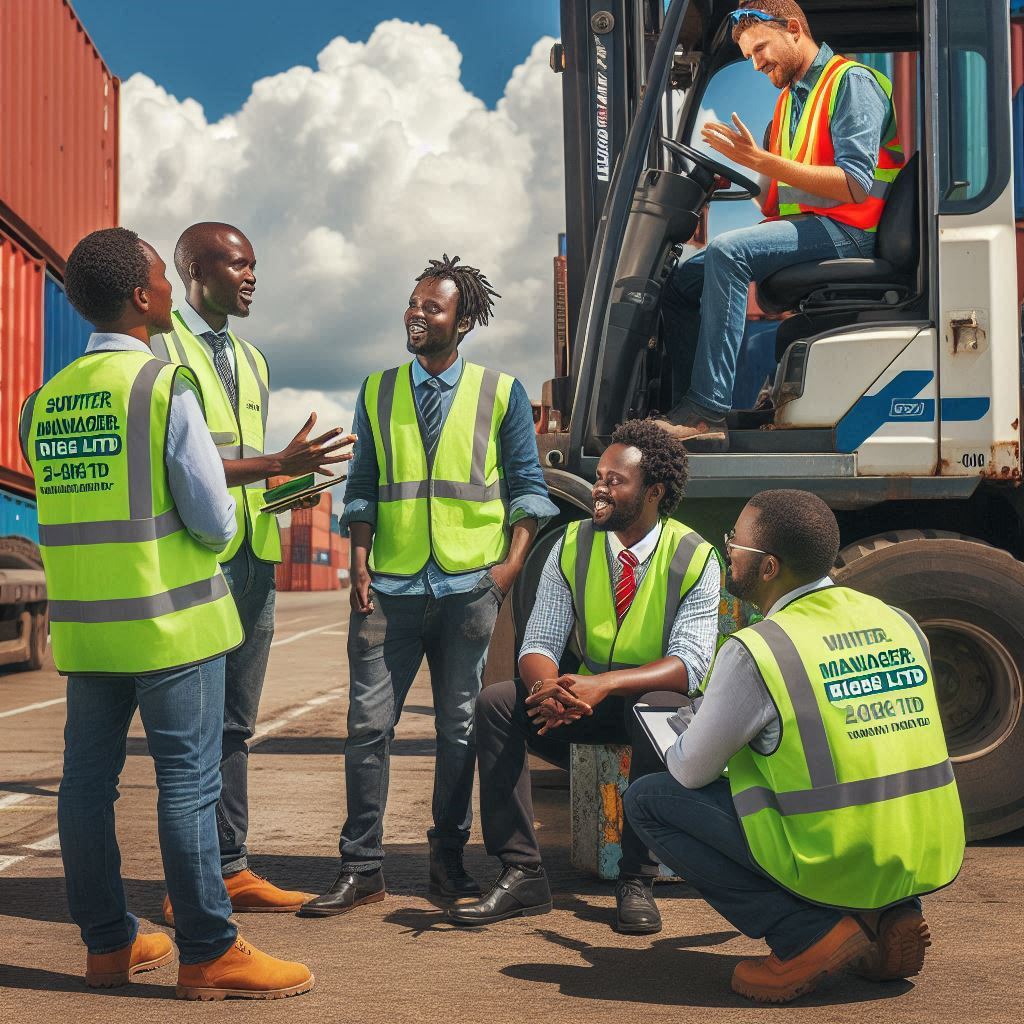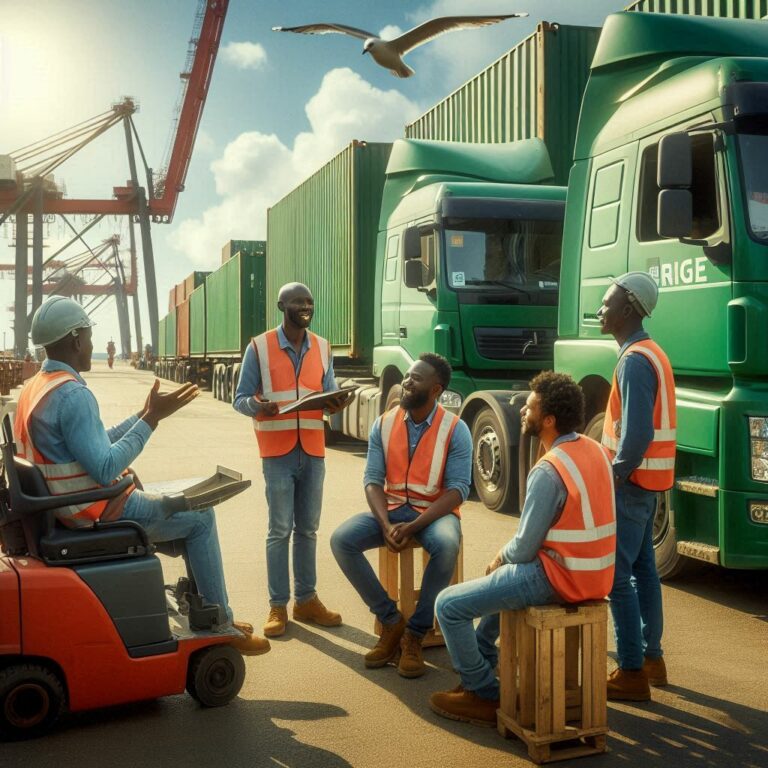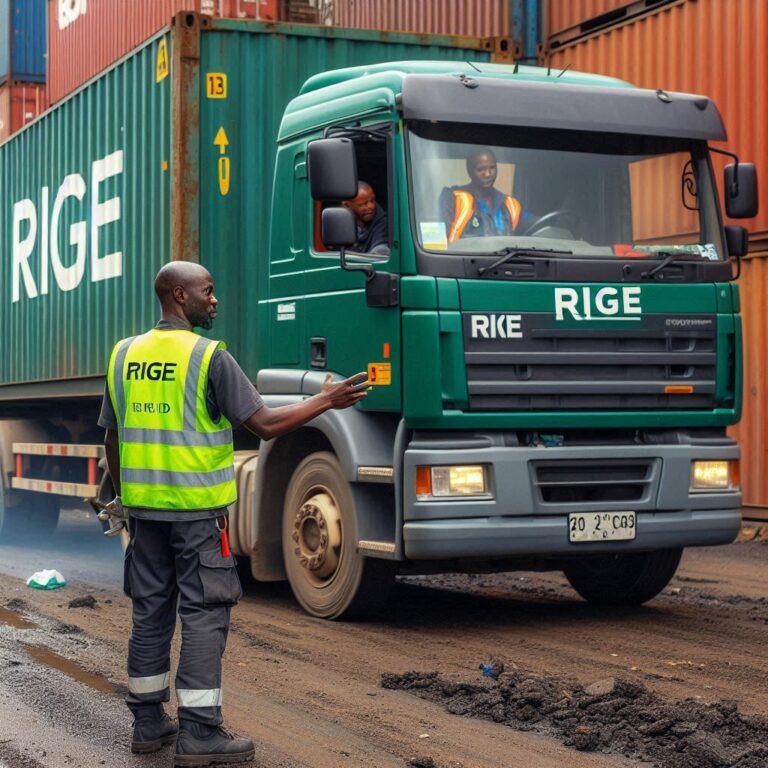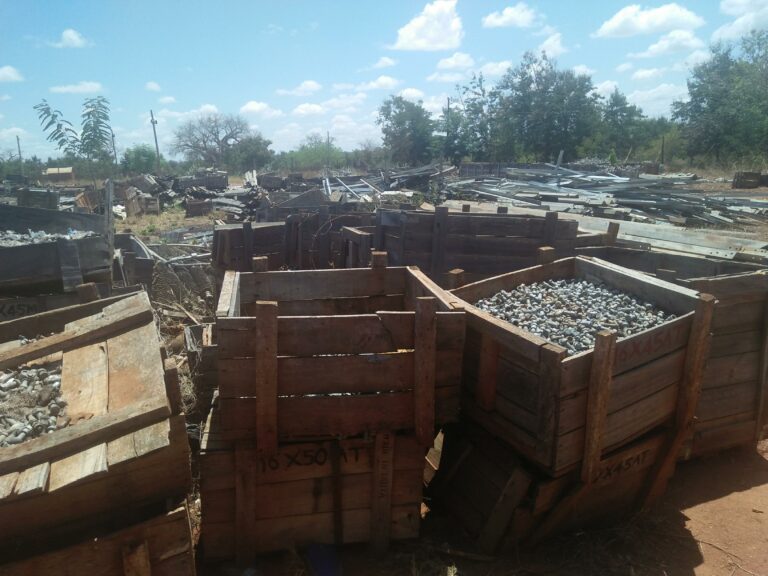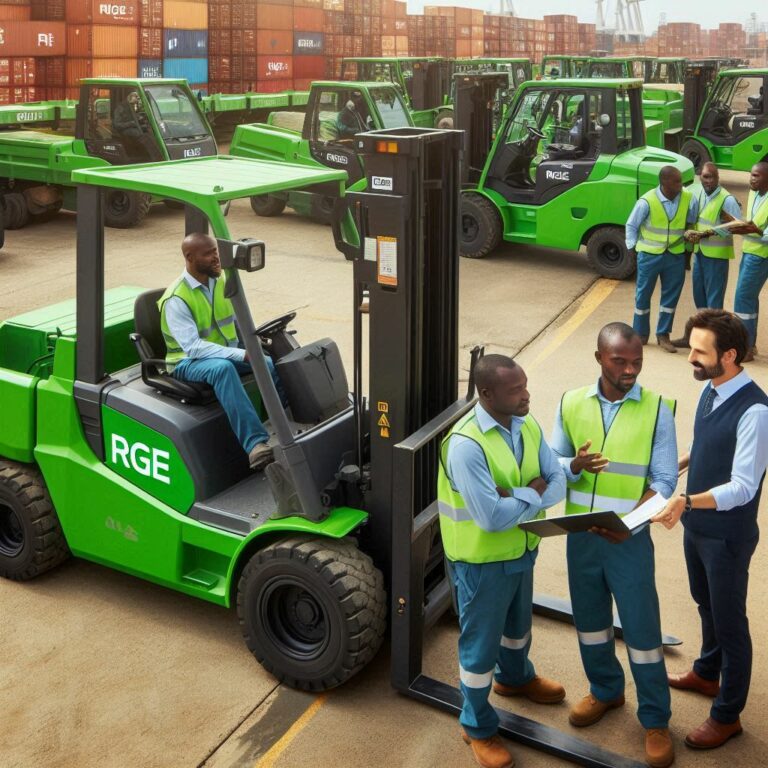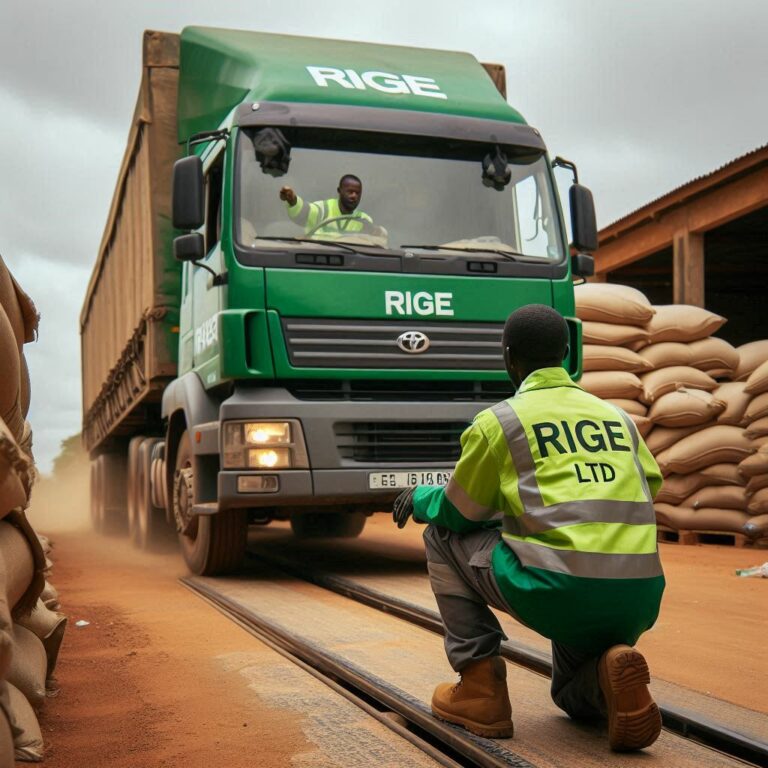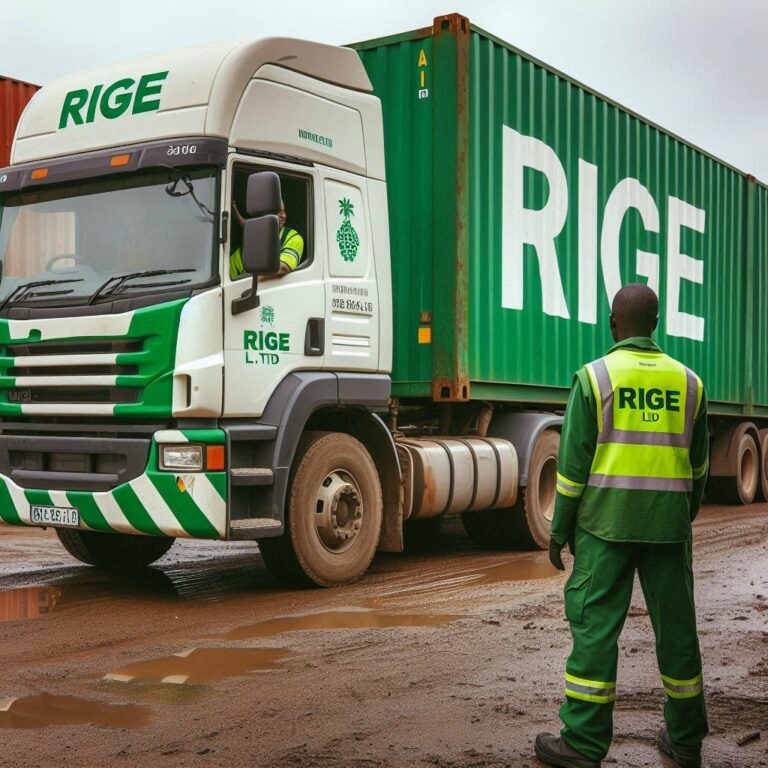Demystifying Customs Services: Your Gateway to International Trade
Customs services are vital for businesses engaged in cross-border trade. This article will demystify customs processes, explaining their significance and how they streamline the movement of goods across borders.
Key areas we will cover include:
- Customs Documentation: Discuss the essential documents required for international shipments, such as bills of lading, commercial invoices, and certificates of origin.
- Customs Clearance: Explain the role of customs brokers in ensuring compliance with import/export regulations and facilitating smooth clearance at ports of entry.
- Tariffs and Duties: Provide insights into how customs determines tariffs and duties based on the Harmonized System (HS) codes.
- Trade Agreements: Explore how trade agreements and customs unions can impact customs procedures and trade facilitation.
By understanding customs services, businesses can avoid delays, fines, and disruptions, ultimately ensuring a smoother international trade experience and improved supply chain efficiency.

Customs Documentation:
- Bill of Lading (B/L): A bill of lading is a key document for sea shipments, serving as both a receipt and a contract of carriage. It provides details about the goods, the shipper, the consignee, and the terms of shipment.
- Commercial Invoice: This invoice provides a detailed breakdown of the transaction, including the description and value of the goods, terms of sale, and payment information. It’s crucial for customs valuation and assessment of duties.
- Packing List: A packing list details the contents of each package or container, including item descriptions, quantities, weights, and dimensions. It assists customs in verifying the cargo and assessing duties accurately.
- Certificate of Origin: This document certifies the country of origin of the goods. It’s essential for determining eligibility for preferential trade agreements, which may reduce or eliminate duties.
Customs Clearance:
Customs brokers play a crucial role in the customs clearance process:
- Documentation Preparation: They ensure that all necessary customs documents are complete and accurate, including the customs declaration, certificates, and permits.
- Duty Calculation: Customs brokers use the information provided in the documentation to calculate applicable tariffs and duties based on the Harmonized System (HS) codes.
- Regulatory Compliance: They ensure that shipments comply with import/export regulations, including product standards, licensing, and safety requirements.
- Customs Communication: Customs brokers liaise with customs authorities on behalf of importers and exporters to facilitate clearance, resolve issues, and answer inquiries.
- Risk Assessment: They evaluate potential risks associated with customs compliance and suggest strategies to mitigate these risks.
Tariffs and Duties:
Customs authorities determine tariffs and duties based on the Harmonized System (HS) codes, which classify goods into categories based on their characteristics, components, and intended use. Tariffs are typically expressed as a percentage of the declared customs value or as a specific amount per unit of goods. Duty rates can vary widely depending on factors like the country of origin, trade agreements, and the specific goods being imported or exported.


Trade Agreements:
Trade agreements and customs unions can significantly impact customs procedures and trade facilitation:
- Preferential Tariffs: Trade agreements often grant preferential tariffs to member countries, reducing or eliminating duties on certain goods. Businesses can benefit from lower costs and increased competitiveness.
- Simplified Customs Procedures: Customs unions and trade agreements may streamline customs procedures, reducing paperwork and delays at borders.
- Rules of Origin: Trade agreements establish rules of origin to determine whether a product qualifies for preferential treatment. Businesses must comply with these rules and provide the necessary documentation, such as certificates of origin, to benefit from reduced duties.
- Customs Cooperation: Member countries in trade agreements cooperate on customs matters, share information, and implement common customs standards and practices to facilitate trade.
To bring things to a close, customs documentation, customs clearance, tariffs, and trade agreements are critical aspects of international trade. Proper documentation and compliance with customs regulations are essential for smooth customs clearance and avoiding delays or penalties. Customs brokers play a vital role in navigating these processes, and trade agreements can offer significant advantages by reducing tariffs and simplifying customs procedures for businesses engaged in international trade.
